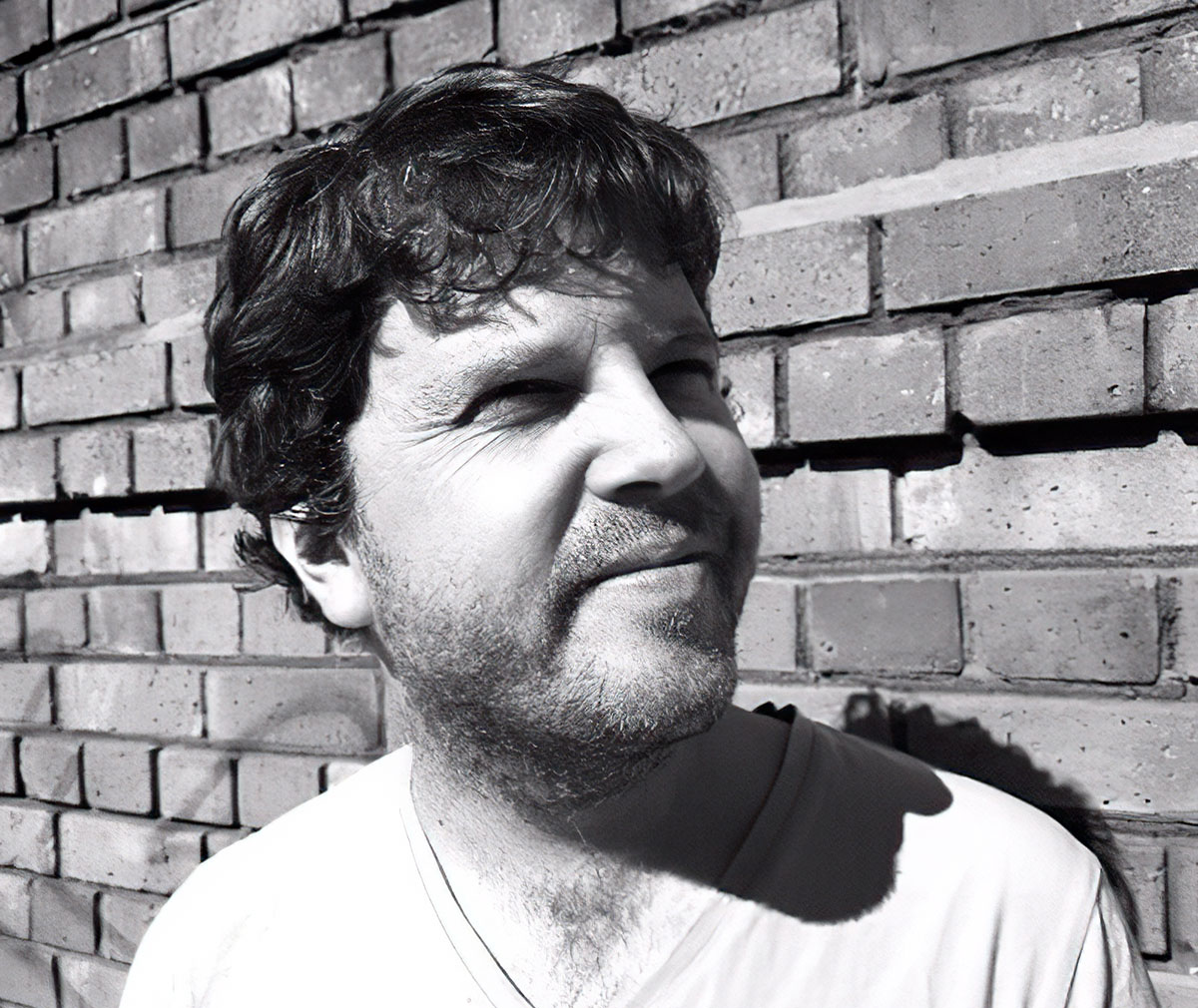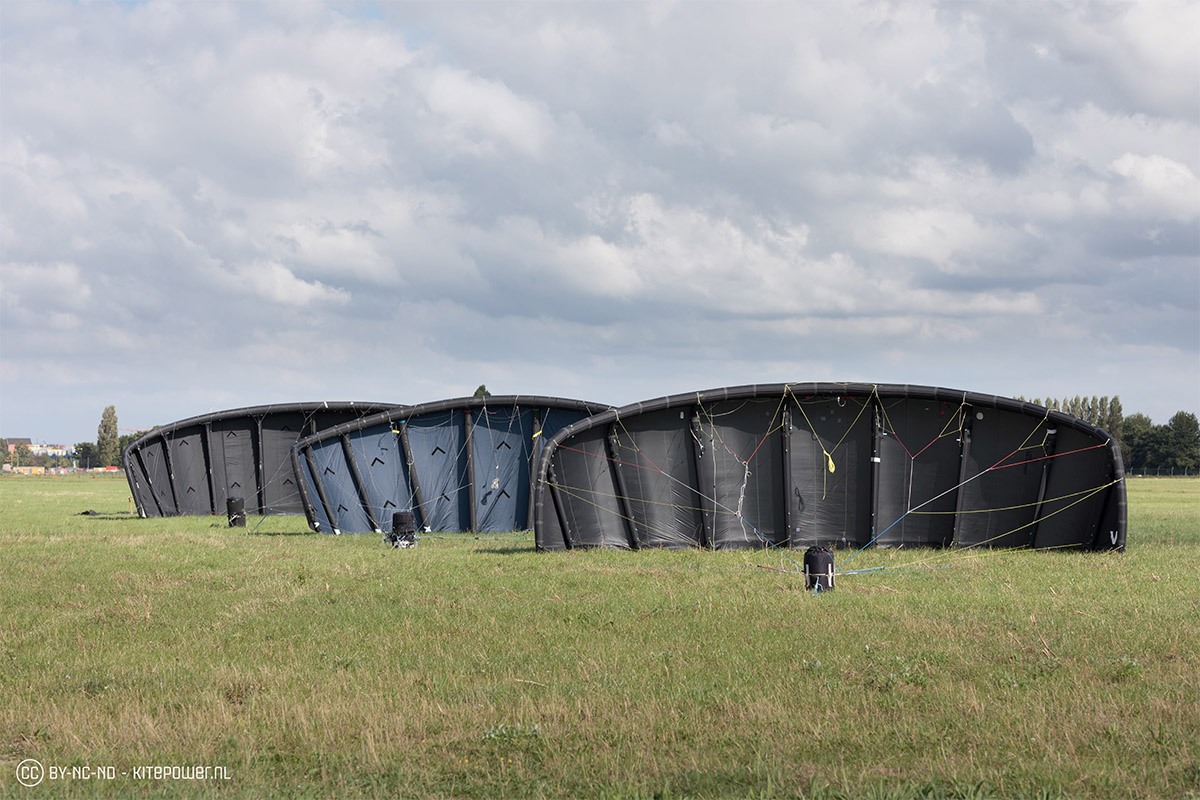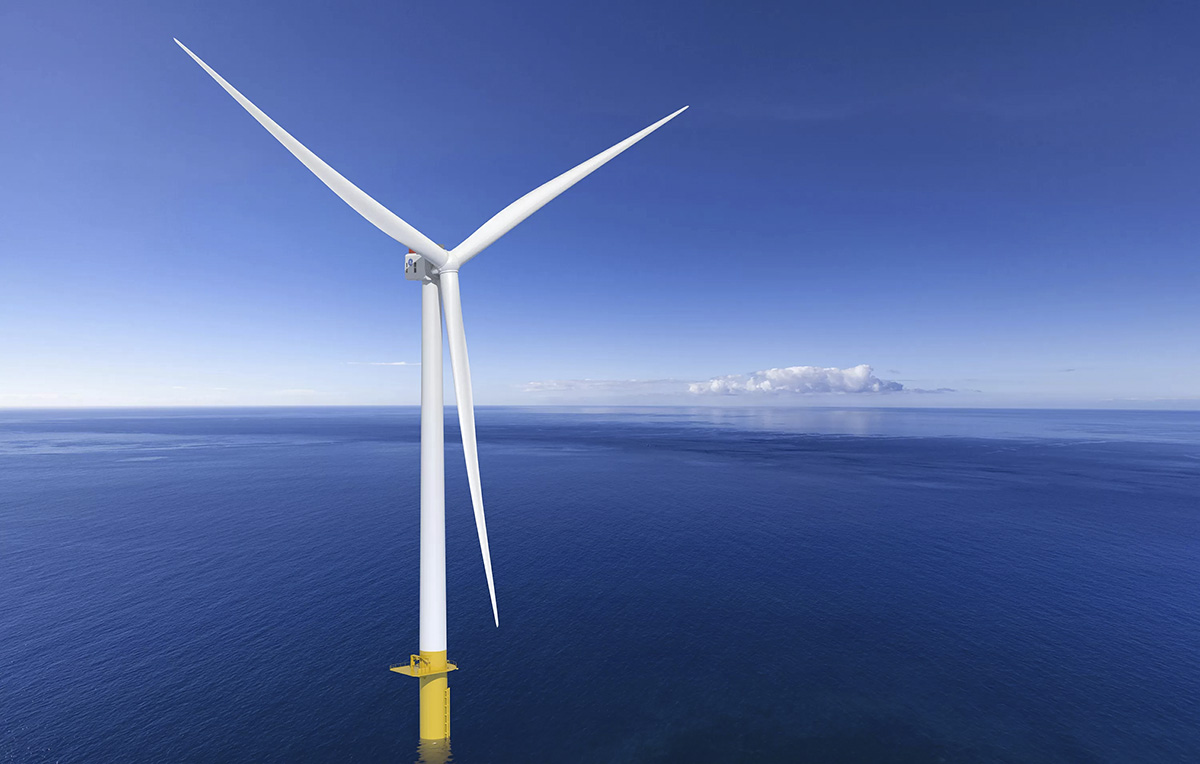The war in Ukraine could make or break the clean energy revolution
By Anders Lorenzen

Anders Lorenzen, the man behind A greener life, a greener world, a blog listed among Vuelio’s Top Ten Green Blogs in 2018, takes a look at the war in Ukraine’s effect on the energy transformation.
The outcome of the tragic and devastating war in Ukraine could have serious impacts on how the world moves away from hydrocarbons to sources of clean energy. Depending on who you listen to, the war should either make us speed up the transition to clean energy or could slow it down and increase fossil fuel production.
But one thing is clear, Russia’s decision to invade Ukraine has turned upside down the world’s energy policies as we have to phase out our reliance on Russian gas.
Take the UK’s Prime Minister Boris Johnson – less than half a year ago during COP26 in Glasgow, he was warning the world it must urgently phase out hydrocarbons. And it sounds as though he is adopting the same argument in relation to the war in Ukraine, saying the world must phase out Russian hydrocarbons.
But what is to replace Russian oil and gas? Behind the scenes, the UK is drawing up plans to re-route fossil fuel imports from Russia to Saudi Arabia.
Slow down or speed up?
Politicians and campaigners who are either sceptical about climate and clean energy policies or who are clean energy enthusiasts are both using the war in Ukraine to argue their cases. The sceptics say we must halt the net-zero strategy while the enthusiasts say we must now rapidly speed up the clean energy transition.So what is it? What should the right strategy be?
The ideal scenario would be if we could just turn off the Russian gas tap, but unfortunately, it is not that simple.
A roadmap away from fossil fuels
Last week the EU unveiled a roadmap that should cut Europe’s reliance on Russian gas by two-thirds within a year. It is clear that this is not possible without purchasing gas from elsewhere. But this should also be seen as an opportunity as a society to drastically reduce our reliance on gas.
The best thing that the 27-member block and its allies in Europe such as Norway and the UK could do is to massively invest in energy efficiency schemes including zero-carbon rules for all new buildings. At the same time, we should continue to build new low-carbon energy capacities.
Countries like Germany, which is very dependent on Russian gas, should seriously consider reversing their nuclear shutdown programme for reactors where it is not too late and where power stations could easily be brought back online.
It would be a serious mistake, and it would demonstrate dangerous ignorance of climate science, especially considering the sombre Intergovernmental Panel on Climate Change (IPCC) report released in March, if countries were to weaken climate and clean energy policies, targets and laws. Any additional fossil fuels we buy from other countries must be temporary.
And the war in Ukraine should not be used as an excuse to, for instance, open new oil fields in the North Sea (which some countries have discussed) or reverse the ban on fracking in the UK which some MPs are calling for.
But, as many clean energy advocates have argued, this should serve as a wake-up call to us all to lessen our reliance on fossil fuels overall and not just Russian fossil fuels.
Subscribe to Our Newsletter
Receive our monthly newsletter by email





